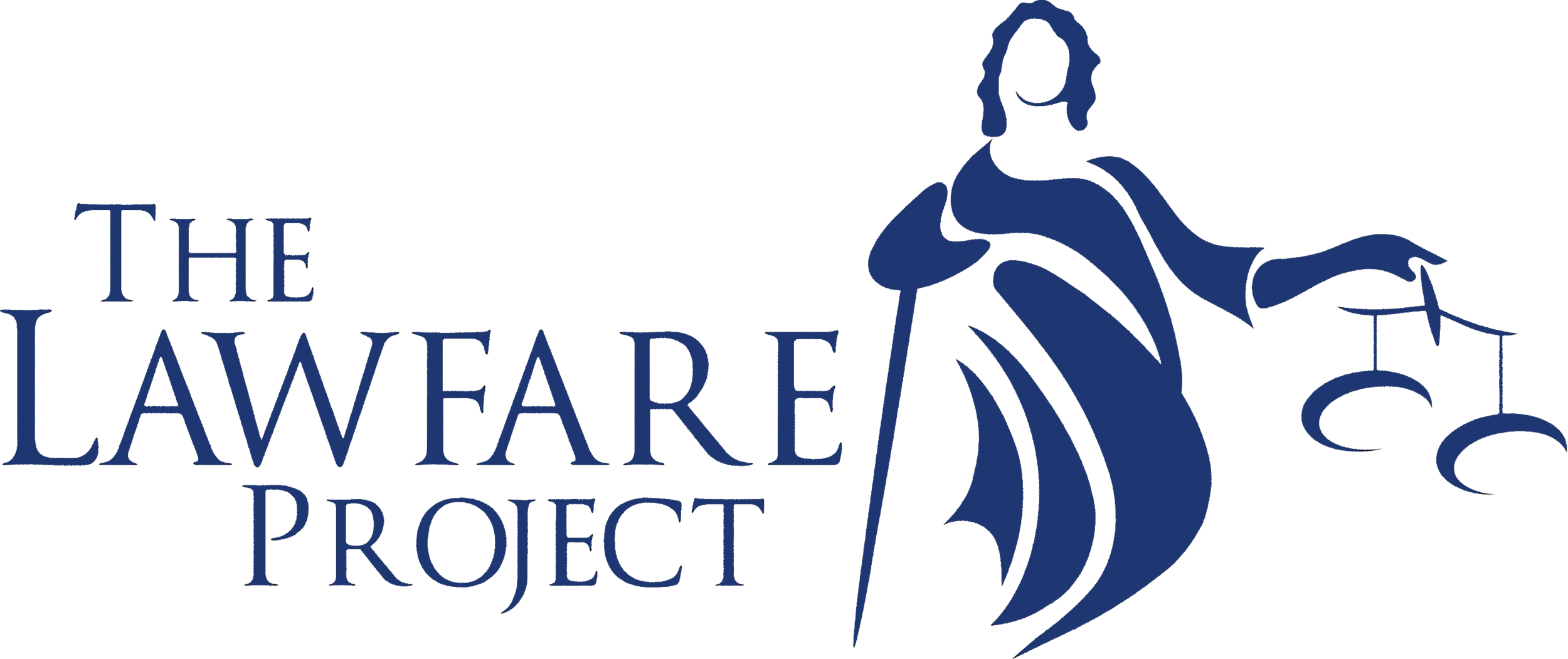Rule of Law upheld in Quebec, will Belgium follow suit?
On Thursday August 12th, CBC News reported that the Quebec Court of Appeal rejected an attempt by the West Bank village of Bil’in’s council to sue two Montreal-based companies that operate in the West Bank. As the article summarized, "Quebec’s highest court said lawyers for Bil’in never presented evidence proving Israel’s courts were unwilling or unable to deal with the issue." In fact, Israel’s High Court of Justice ("HCJ") heard and dismissed three petitions by the plaintiffs in 2006 and 2007.
The Montreal Superior Court had issued its ruling on September 18, 2009. The court held that,
"[T]his is one of those exceptional situations where the Superior Court is compelled to decline jurisdiction on the basis of forum non conveniens, as the Plaintiffs have selected a forum having little connection with the Action in order to inappropriately gain a juridical advantage over the Defendants and where the relevant connecting factors, considered as a whole, clearly point to the HCJ as the logical forum and the authority in a better position to decide."
In point of fact, the Bil’in village council’s case was not merely an example of forum shopping; the plaintiffs tried to manipulate the Canadian legal system. If a Canadian court had decided the case in the plaintiffs’ favor, it would have effectively overruled the Israeli HCJ, and delegitimized the sovereignty of another democratic state. Therefore, the case may be considered an attempt at lawfare, the use of the law as a weapon of war, or more specifically, the abuse of the law and legal systems for strategic political or military ends.
The Court of Appeal, and the Montreal Superior Court before it, should be applauded for applying its legal procedures and rules in an objective fashion. As the Superior Court noted, the Plaintiffs unpersuasively argued that Israeli courts would be inherently ‘unwilling’ to hear their case. However, "this Court is convinced that an informed person, viewing the matter realistically and practically would not perceive the situation otherwise."
Hopefully, the Court of Appeal’s example will be followed by Belgium’s federal prosecutor, who received a complaint by several Palestinians in June over Israel’s counter-terrorist Cast Lead operation. Any chance for success that complaint would have in gaining Belgian jurisdiction rests upon a single plaintiff with Belgian citizenship, Anouar El Okka. As the Lebanese Daily Star reported, El Okka is "a Belgian doctor of Palestinian origin, [who] claims that his olive grove in Gaza was bombarded and then set of fire with phosphorous by Israeli forces."
While the other plaintiffs in the Belgian case allege a host of ‘war crimes,’ El Okka’s claim is essentially a tort claim for property damage, which should be logically brought before an Israeli court for compensation. It is no more the proper forum for those claims than Quebec would have been for those brought by the village of Bil’in. The Belgian federal prosecutor’s decision should reflect that critical fact rather than allow Belgium’s courts to be manipulated for political purposes.
